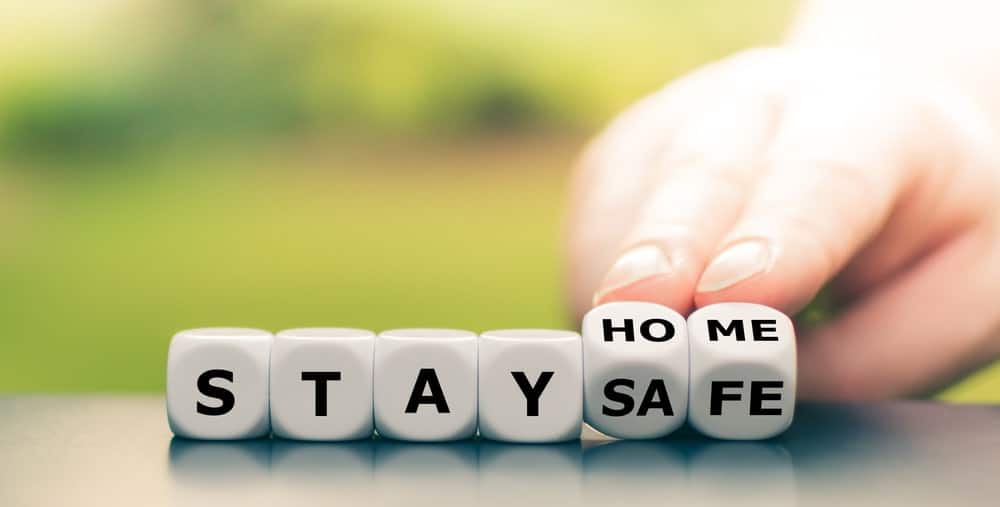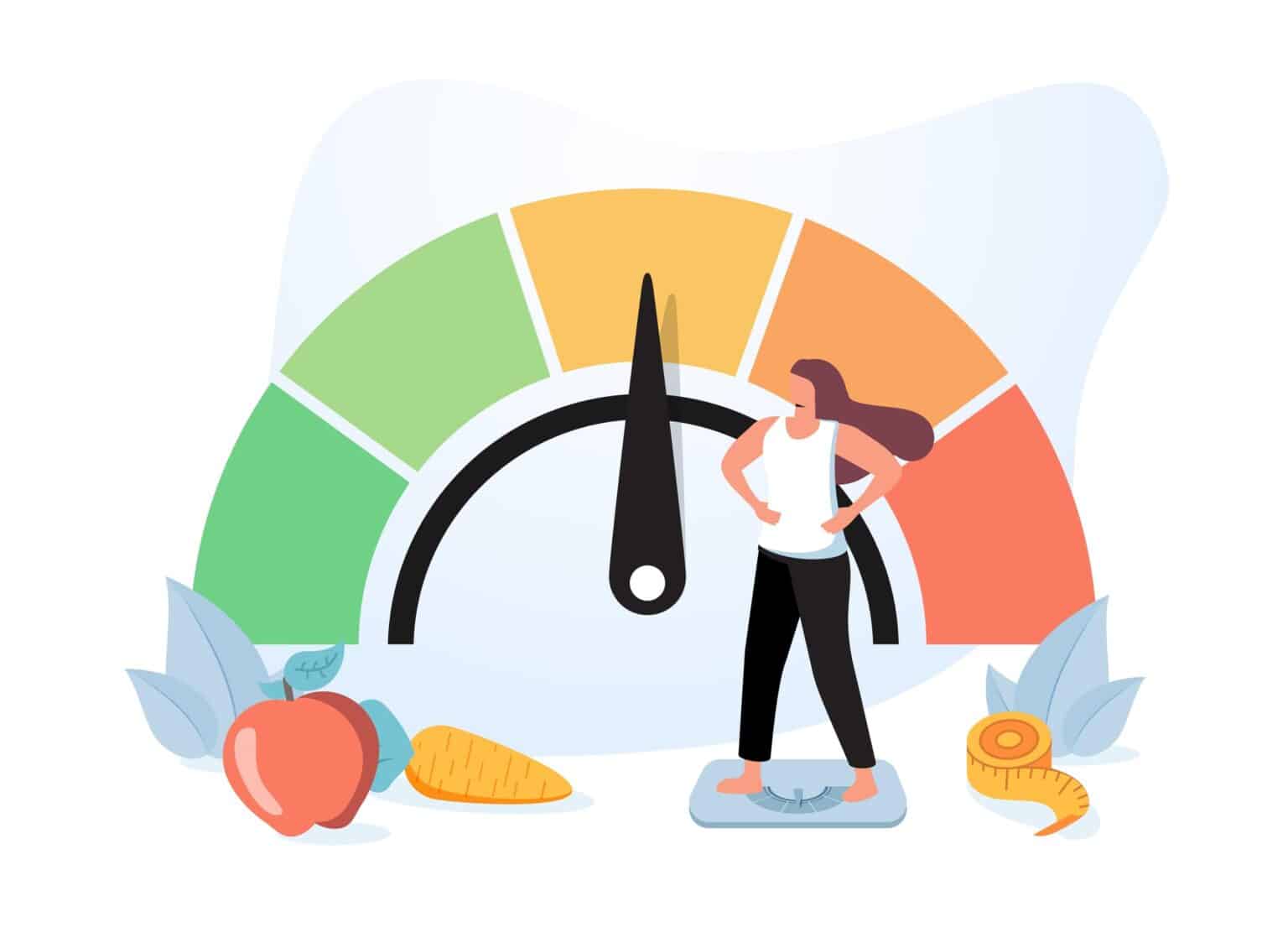How to cope with isolation and emotional eating in a pandemic
On Monday 23rd March the UK Prime Minister Boris Johnson announced the country is officially in lockdown in an attempt to stem the spread of Covid-19, a.k.a. Coronavirus.
The government has also banned groups of more than two people from gathering in public places and has limited house excursions to essential food, daily exercise and essential work travel.
Whilst we enter an uncertain and unprecedented time, we want to unite with the mission to flatten the curve.
That is SLOW down the rate of spreading by washing our hands (at least 20 seconds with soap frequently and moisturizing), practice social distancing or limiting unnecessary contact, as well as limiting non-essential travel and avoiding public places.
It’s normal to feel overwhelmed.
Especially when we haven’t experienced something like this before (or at least not in 102 years). Our aim is to provide you with as much guidance and support during this challenging time.
See our top tips below for managing your health:
- Prioritise sleep and rest.
For optimal immune function aim for 7-8 hours of sleep per night. If this is difficult, try sleep aids like night-time tea, lavender oil on your pillow, taking a hot bath with magnesium salts before bed and limit the use of electronics one hour before bed. I mean has there ever been a better time to immerse yourself into a new book, activity or Netflix series!?
- Nourishment is key
Prioritise a balanced ‘diet’ that is include fruits and vegetables, whole grains, protein rich foods such as legumes, chicken, fish, eggs or dairy, nuts & seeds and stay hydrated.
- Stay connected
Connection is a fundamental human need. Social distancing does not mean social avoidance. Stay connected with your support circle even if via Skype/ WhatsApp/phone calls and try to talk about things other than the coronavirus stats to maintain as much normalcy as possible.
- Open your windows
Getting fresh air not only helps with physical health but is vital for your emotional and mental wellbeing. You may even hear the birds singing with the decrease in road traffic – glorious!
- Consider Vitamin D supplementation
Government guidelines recommend adults and children over 5 years old should consider taking a Vitamin D supplement during the winter months. We primarily get Vitamin D from the sun and as it’s difficult to get enough Vitamin D from the food we eat, you may want to consider Vitamin D supplementation until the lockdown is over.
- Manage your stress in constructive ways
If you feel you’re reaching for the box of biscuits, ask yourself “what do I really need right now?” Maybe it’s drinking a cup of herbal tea, reading a delicious book you’ve put off for a while now, doing an at-home workout, writing in your journal, dancing to your favourite tunes – to each their own!
- Stay informed
…. but not too informed. We are firm believers in knowledge is power, in fact, it’s one of our mantras. However, when it comes to unique cases, such as the global pandemic, we recommend you limit your news updates to twice a day.
- Focus on the present
Use this time as an opportunity to hit that pause button – it’s probably overdue anyway.
- Practice daily gratitude
Ask yourself this simple question: “What am I grateful for?” Daily gratitude practice has been shown to boost self-esteem and reduce stress
- Focus on the positives
Nationwide lockdown has led to a reduction in nitrogen dioxide and air pollution – silver lining?
To learn more about the wonderful programmes and support we offer, email [email protected] to find out more. We can’t wait to look after you!
Stay safe friends,
Ariana Rodriguez, RD, MSc
Team EHL x














